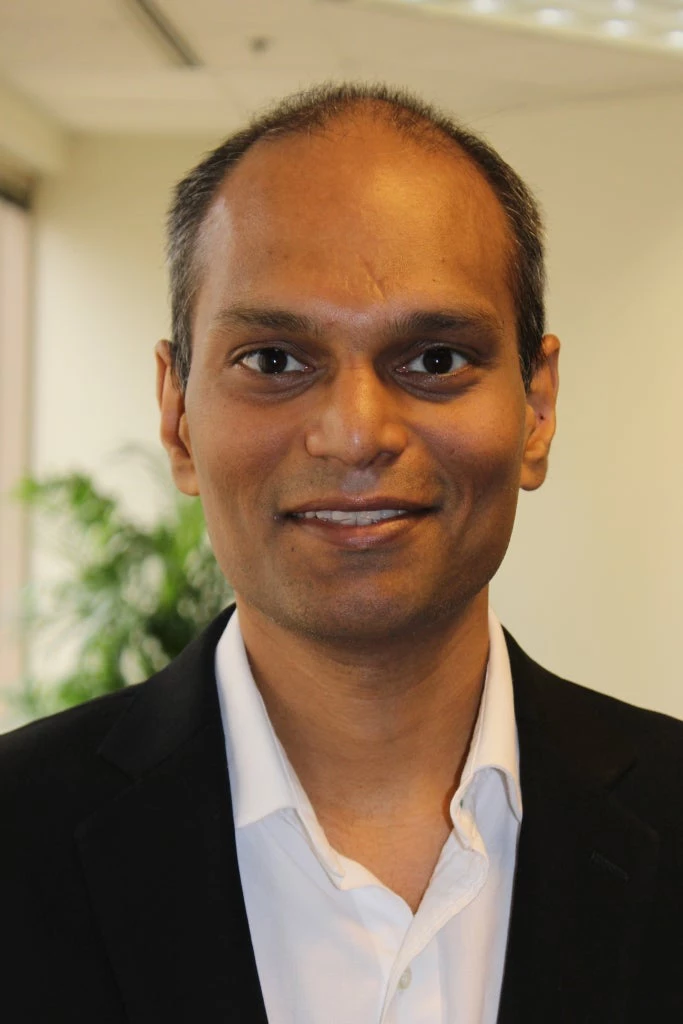Photo © Dominic Chavez/World Bank
On 30 January 2018 the International Budget Partnership (IBP) will release the Open Budget Survey 2017 – the latest round of the world’s only independent and comparable assessment of budget transparency, citizen participation, and independent oversight institutions in the budgeting process.
The OBS 2017 findings on the systems and practices that countries have in place to inform and engage citizens — or not — in decisions about how to raise and spend public resources, and on the institutions that are responsible for holding government to account, come at a critical juncture. Around the world, there has been a decline in public trust in government, in part due to instances of corruption but also because of dramatic increases in inequality. In a number of countries, leaders who have disguised their intolerant and reactionary agendas with populist rhetoric have been swept into power by those who’ve been left behind. These political shifts have driven out many government champions of transparency and accountability — especially those from countries in the global south. More broadly across countries, there has been shrinking of civic space, rollbacks of media freedoms, and a crackdown on those who seek to hold government to account, including individual activists, civil society organizations, and journalists.
Because open and accountable public budgeting is at the center of democratic practice and equity, it is the first place we should look for ways to strengthen the interaction between governments and citizens. Ensuring that the budgeting process is characterized by high levels of transparency, appropriate checks and balances, and opportunities for public participation is key to stemming the decline in confidence in government and representative democracy.
In the face of the spread of profound threats to active, informed public participation, and thus the ability of citizens to ensure their governments will pursue policies that improve their lives, the Open Budget Survey 2017 will provide essential data on the state of budget transparency and accountability around the world.
The International Budget Partnership has conducted the biennial Open Budget Survey since 2006 to answer these two fundamental questions for representative government:
- Are the basic conditions needed for representative democracy to function — the free flow of information and opportunities for public participation in government decision making and oversight — being met in the budget sphere?
- Are empowered oversight institutions in place that can ensure adequate checks and balances?
To answer these questions the Open Budget Survey assesses whether national governments produce and disseminate to the public key budget documents in a timely, comprehensive, and accessible manner. In addition, the 2017 survey includes a newly enhanced evaluation of whether governments are providing formal opportunities for citizens and their organizations to participate in budget decisions and oversight, as well as emerging models for public engagement from a number of country innovators. It also examines the role and effectiveness of legislatures and supreme audit institutions in the budget process.
The OBS 2017 is the sixth round of the survey and covers 115 countries across six continents. The coverage of the survey expanded in the 2017 round to include 13 countries for the first time, including some advanced economies such as Japan and Australia, emerging economies such as Côte d’Ivoire and Paraguay, and fragile states such as Somalia and South Sudan.
The survey, which is implemented by independent budget experts in each country and rigorously vetted, provides governments, civil society organizations, and development practitioners with key data and analysis to allow them to identify baselines and trends in country practices and implement or advocate for reforms to close gaps.
In addition to providing the latest findings on open and accountable budgeting, the report for the 2017 survey will also provide suggestions for improving countries’ public finance systems and practices to better ensure more effective and responsive use of public resources to meet public needs.
The Open Budget Survey 2017 could not come at a more critical juncture as we look to reinvigorate democratic practice, re-engage the disaffected, and restore public trust in public institutions. Be sure to see the results at www.openbudgetsurvey.org on 30 January 2018!
JOIN IBP FOR THE GLOBAL RELEASE OF THE OPEN BUDGET SURVEY 2017!
We invite you to attend our global release events in Washington, D.C., on 31 January 2018 and in London, U.K., on 6 February 2018. If you can’t attend in person, you can livestream either or both events as they happen. RSVP to register and add event(s) to your calendar:
WASHINGTON, D.C.
January 31, 2018 at 9:00 AM
The World Bank, J-B1-080 – 701 18th Street NW – Washington, DC 20006
Learn More & Register or Watch the Event Live
LONDON, U.K.
February 6, 2018 at 9:00 AM
Queen Elizabeth II Centre, Broad Sanctuary, Westminster, London, United Kingdom SW1P 3EE
Learn More & Register
Note: This blog post was first published by the International Budget Partnership (IBP).



Join the Conversation